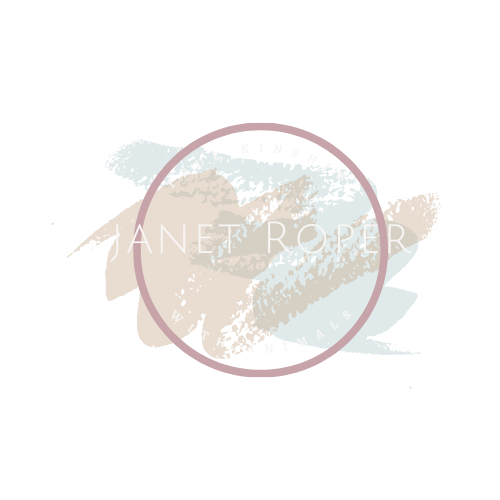The Importance Of Languaging
Originally published October 6, 2017
One of the questions I'm often asked is about the languaging I choose to use when I'm working with animals. For instance, I stay away from the word 'owner' and I'm conscious of the pronouns I use, staying away from 'it'. You may have seen me use the written word 'pet' upon occasion, but that's only for SEO purposes. And believe me, I'm beginning to think utilizing SEO as a basis for using the word 'pet' is a pretty poor excuse for an animal communicator, at least for this animal communicator. The word I use most often instead of 'pet' is 'animal pal'; 'owner' instead of 'animal caretaker' and for pronouns I use the appropriate he or she; 'someone' instead of 'something'.
Why?
Because the words we use when referring to other sentient beings reflect our relationship with them and how we then either consciously or unconsciously relate with them.
The Lack Of Our Language
As I observed in an earlier post:
When we examine our basic contemporary culture, the relationship with the animals in our lives is often under-rated or entirely dismissed by the Joe & Sally Plumbers of the world. “It’s just a dog/cat/bird/horse/etc, get over it” is what we frequently hear. The fact that true family can and is created with non-human species is simply beyond comprehension to so many folks.
Our culture does not contain a lexicon that defines, much less embraces, the relationship between humans and non-human species.
So we are stuck using outdated, inadequate and unsatisfactory words like 'pet' and 'owner'. The problem with words like that is by simple definition they set up a hierarchy of power over, instead of relationship with.
Think about it. The word 'owner' is a possessive one, emphasizing that someone or something belongs to another. When someone or something is owned by a person, that other being or thing is at the whim and whimsy of the owner.
The word 'pet' connotes that the animal 'needs' to be taken care of, that they don't have their own idea of their own wants and desires. This very word sets up a one way relationship where we humans think we are their caretakers, instead of realizing that care taking crosses the division of species line.
Changing Our Perspective
Once you are aware of your languaging with the animals, the next step is to begin to change it. How do you do that? You can start by:
Be kind to yourself. You've been using this language your entire life. It's not going to change overnight
Make notes when you find yourself doing this. Look for patterns or situations that precipitate the old languaging pattern
Ask for help. Find someone you trust and ask for their help in gently pointing out when you're using the old languaging
Start observing the languaging patterns of others. Not to change them, but to become aware of how prevalent this is.
This is such a vital topic that I invite you to watch this 7.33 minute video to find out more about my perspective on this powerful topic. Click to watch.

